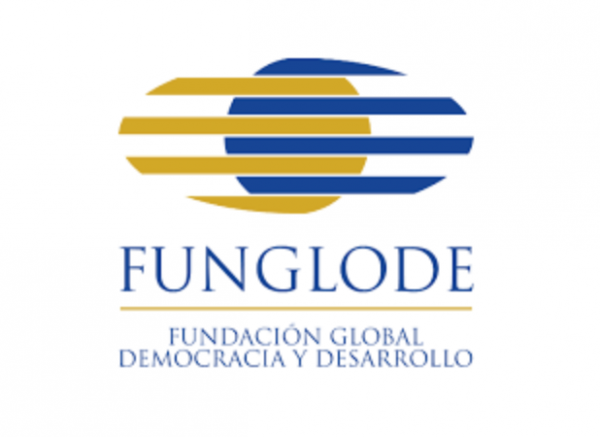
The Dominican Political Observatory of the Foundation for Democracy & Development (OPD-Funglode) has prepared a report that says that the three sectors that generate the bulk of foreign exchange for the Dominican Republic have taken a humongous hit due to the Covid-19 pandemic. These are tourism, remittances and foreign investment.
“Economic impact of Covid-19 in the Dominican Republic and actions to alleviate the crisis,” a recent report prepared by OPC-Funglode looks into the collapse in the tourism sector, with the halt to airline and cruise ship travel and shutdown of hotels nationwide. The pandemic situation in source markets bodes that tourism is unlikely to begin to recover until at earliest by winter 2020. International experts abroad say that many countries hope domestic travel will fill the void once social distancing restrictions are lifted.
The United States, Spain and Italy are where most Dominicans live abroad and hundreds of thousands of Dominicans have lost their jobs in those countries, too. Thus the Dominican Republic needs to prepare for a significant drop in remittances, another mainstay of the Dominican economy. OPC says foreign investment will also take a big hit.
In the report, six OPD-Funglode specialists coordinated by Greidys Roa Chalas highlight that the significant reduction in foreign currency income is likely to cause a major imbalance in the balance of payments, international reserves and the capacity to pay in foreign currencies, that is, in the payment of the foreign debt.
According to the analysis of the OPD-Funglode, the international reserves of the country are around US$9.3 billion, equivalent to 4.9 months of imports and 10.1% of the GDP, which means that the foreign currency market has sufficient resources to satisfy the exchange needs.
In terms of tourism, the report shows that given the total closure of the country’s tourism activity, all direct jobs generated by this sector are affected, totaling more than 350,000 jobs. In addition, as part of the domino effect of the collapse of the tourism industry, the agricultural sector is feeling the effects of measures to curb the new coronavirus. It is estimated that the local tourism industry buys around US$870 million a year in local farm produce. This 2020, farmers were hard-pressed to find local channels for the produce that would have supplied the hundreds of resorts, hotels and restaurants around the country.
OPD-Funglode makes a series of recommendations to relieve the situation of those hardest hit by the crisis during the quarantine period. These include: extending the cash contributions being paid to formal workers to include informal workers; coverage of energy, water and telecom bills; expansion of services by the government pharmaceutical network (Promese); a freeze on prices of foodstuffs and pharmaceuticals; the renegotiation of the debt service for 2020; and an increase in the health sector budget, moving allotments from other sectors to properly equip hospitals and health care workers.
OPD-Funglode also suggests granting a three-month grace period for the payment of capital and interest on loans from the Agricultural Bank and Promypime loans, redirecting savings caused by the fall in oil prices to subsidize informal workers through the Solidarity Card, and extending financial and fiscal facilities to national and international tourism companies that have been hard hit by the mass cancellations.
Read more in Spanish:
Funglode
13 April 2020

